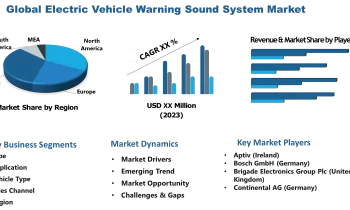
The latest Halifax House Price Index data released this week showed that property inflation hit 7.5% in October, the highest it has been since mid-2016.
In October alone, average house prices increased by 0.3%, with average house prices reaching a new record high of £250,457, with the average home nearly £18,000 more expensive than the same time last year.
The big bounce in housing activity comes as the UK enters a second national lockdown. House prices in the UK have been steadily rising after the government declared a holiday on stamp duty on properties up to £500,000.
Also fueling a spike in house prices has been the so-called race for space, where, during the pandemic, people have been reconsidering their lifestyles and seeking bigger houses or rural homes and abodes with larger outdoor spaces. Since March, the cost of an average detached home has jumped 6%, whilst the cost of an average flat in the same period has only risen 2%, according to the Halifax data.
With rising house prices and strong housing activity, there had been hope that the UK housing market could help economic recovery for a beleaguered Great Britain already contending with Brexit, a global pandemic and a general worldwide economic downturn. However, things are looking decidedly vicarious for the UK.
The Housing Market Set to Suffer
Despite the strong figures and four-year record growth, the UK housing market is slowing. October’s 0.3% growth in house prices is a considerable decline from the 1.5% growth seen in September.
England’s property market can continue to operate in the current lockdown with viewings and valuations permitted, whilst mortgage payment holidays have been extended for up to six months.
Yet, this will not be enough to negate the devastating impact of rising unemployment and the effect a second lockdown is going to have on the UK economy. Just last week, the Office for National Statistics (ONS) reported that the UK unemployment rate increased to 4.5% in the three months to August, compared with 4.1% in the previous quarter, taking the unemployment rate to its highest level in more than three years.
Russell Galley, Halifax’s managing director, said: “While government support measures have undoubtedly helped to delay the expected downturn in the housing market, they will not continue indefinitely and, as we move through autumn and into winter, the macroeconomic landscape in the UK remains highly uncertain.
“Though the renewed lockdown is set to be less restrictive than earlier this year, it bears out that the country’s struggle with Covid-19 is far from over. With a number of clear headwinds facing the housing market, we expect to see greater downward pressure on house prices as we move into 2021.”



